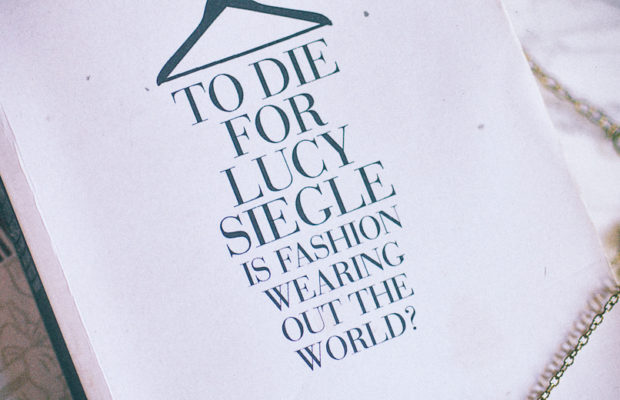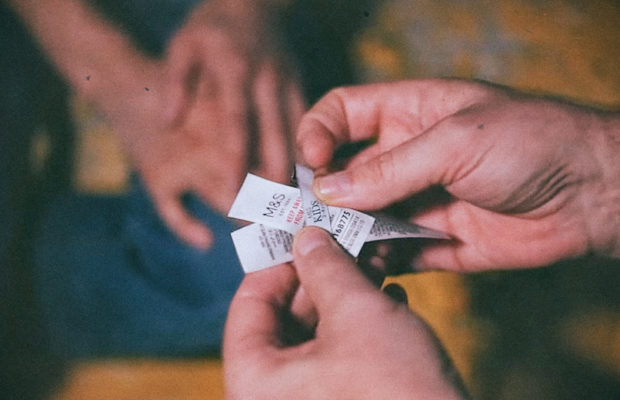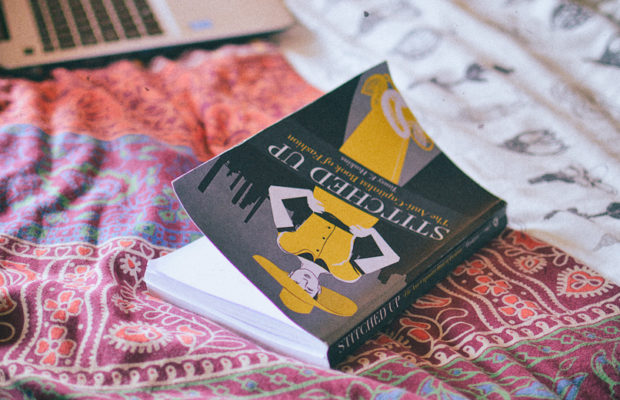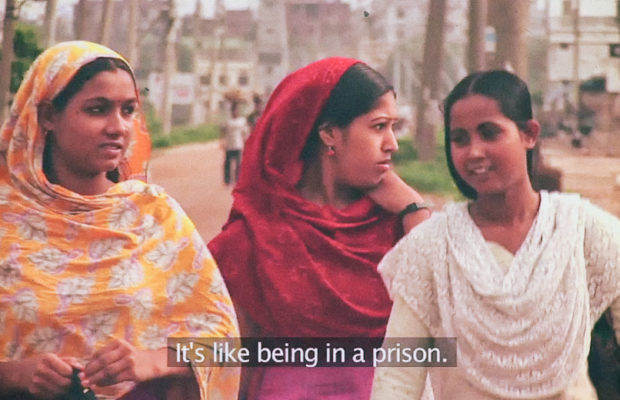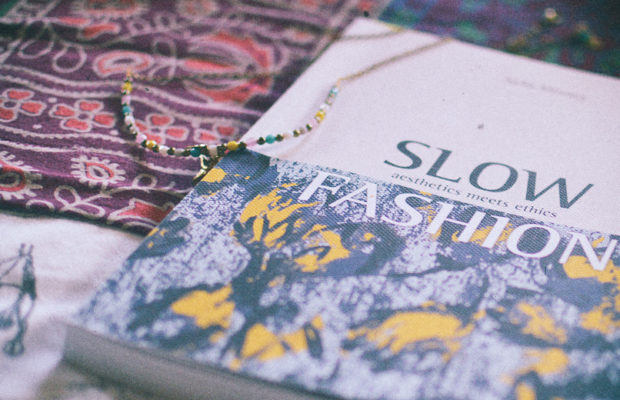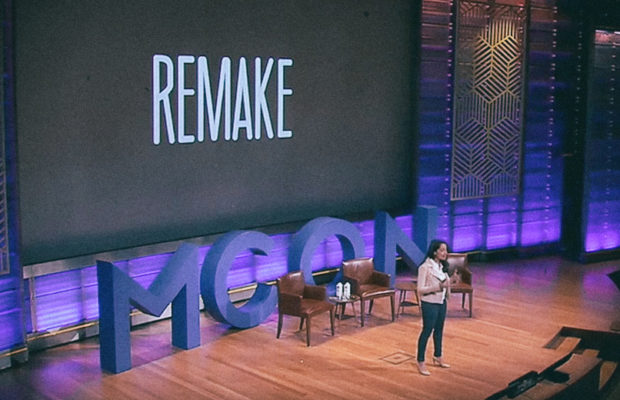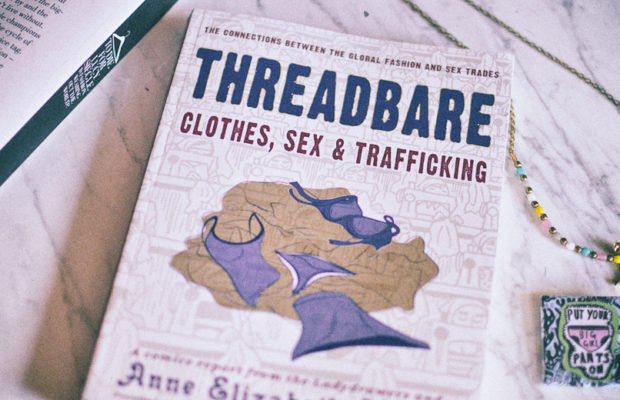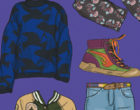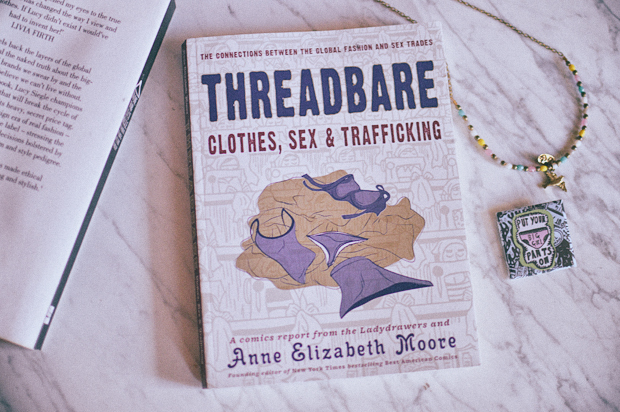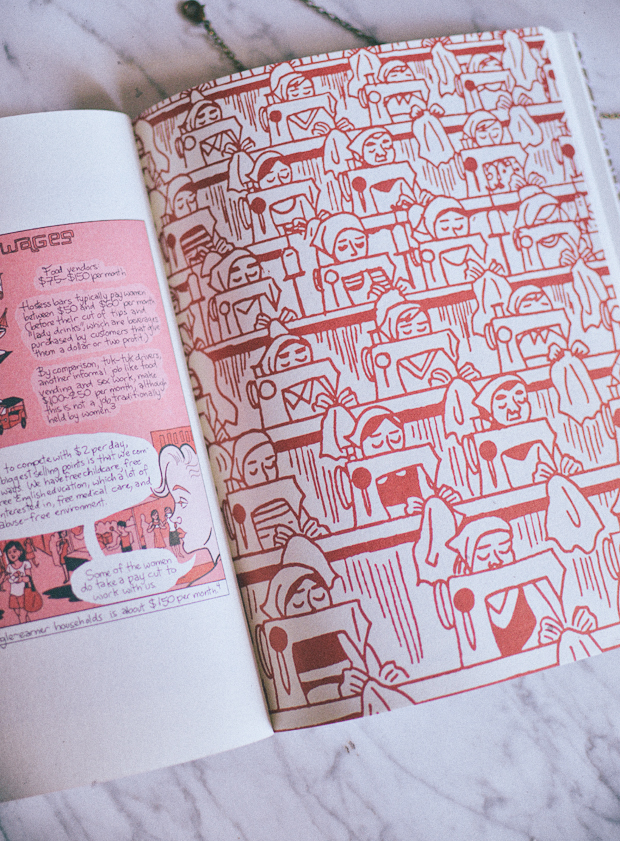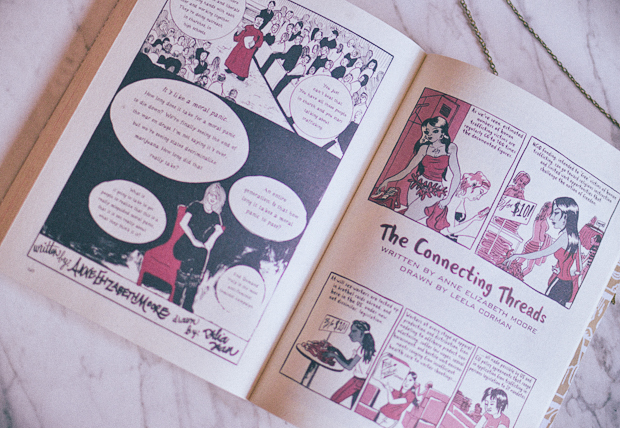I wasn’t sure how to end off 2016 in terms of blog posts. I haven’t been able to get out anywhere at the moment due to a broken down car, so my shoot locations are limited (as well as my wardrobe, on another note), and most of the topics I want to focus on are ones that I would like to tie into my ethical directory re-launch in the New Year. If you know me, you know that time is something that I revolve around in terms of starting new things, so instead of publishing rather unfestive posts, I thought I would look back on the year in terms of what I’ve been learning. There will also be my annual round-up post coming up soon, but for now, let’s talk about the ethical sides of things in my ethical fashion education summary…
→ To Die For: Is Fashion Wearing Out the World? by Lucy Siegle
I have to admit that I’m still working my way through the pages of this book but it deserved a mention nonetheless. Some of the topics covered are ones I haven’t necessarily thought about before, like one of the recent chapters about the auditing process in the fast fashion industry. It’s a lengthy book and covers some of the early 2000s and how the cycle and issues have changed over recent years. Reading this and the other books mentioned in this post is a sure-fire way to learn more factual information about your clothes and where they possibly come from.
☼ BBC Panorama Undercover: The Refugees Who Make Our Clothes
This half-hour documentary by BBC Panorama is a short and simple insight into the issues going on in the industry, and why we should be opening our eyes to them when they affect us so clearly. Some of the quotes from mentioned brands like ASOS and Next genuinely upset me, because it shows how the brands themselves don’t even know what is going on to the full extent that they are. The filming takes place undercover in Turkey, focusing on factories and workshops using child labour and illegally employed Syrian refugees. If you shop with ASOS, Next, Marks and Spencers, Mango, ZARA and the like – please watch this.
★ Stitched Up: The Anti-Capitalist Book of Fashion by Tansy E Hoskins (Review)
A different perspective on the fashion industry, focusing on the capitalist cycle of how it works, as well as topics like racism and size. I found that although this was still a factually informative book and every chapter was extremely insightful, the way it was written and the illustrations alongside it, made it more down to earth and inviting. You can read my full review on Tansy’s book above. It’s been a pleasure to connect with her and support a book which I hope many of you go on to read!
▷ UDITA (Arise): A documentary about female garment workers from Bangladesh
Out of all of the documentaries I’ve watched about the darker side of fast fashion (well, actually – is there even a lighter side?), this truly shows that even the garment workers themselves want us to change our ways, even just by thinking about the way we shop. Being a conscious shopper does so much more than being oblivious to your actions. Every penny you spend with a brand using an exploitive system, is a vote towards their work. It’s over an hour long, but perhaps you can switch out a Netflix episode for something like this, instead?
✤ Slow Fashion: Aesthetics Meets Ethics by Safia Minney (Review)
Safia’s book was the first I bought purely to learn more about ethical fashion. Now that I’ve read several others, I would have to say I would recommend this once you have learned more about the issues themselves, whether that’s about exploitation or inequality or child labour or any of the topics mentioned in this post and beyond. This is mainly because the second half of this book is almost a directory for brands paving the way, and as much as that is important, I think it’s what you need to read about afterwards. It’s still an educational book though, and it was really eye opening to see what other ethical advocates had to say.
→ Remake: Join the Ethical Fashion Movement
A recent discovery for me is the movement, Remake. I love finding sites that are dedicated to inspiring people to becoming more ethical, especially when it focuses on younger people. There’s a great video by the founder, Ayesha Barenblat, on their core aim and how millennials can choose to change the world they live in. It also touches on the topic of strength and female equality, which is something I mentioned in my post focusing on why I don’t think you can be a feminist if you support fast fashion. If you want to follow along with their journey and start integrating their great work in to your day-to-day, make sure you follow them on social media.
★ Threadbare: Clothes, Sex & Trafficking by Anne Elizabeth Moore (Review)
For those wanting a more visual way of learning about the fashion industry, you might like to take a look at the comic book I read this year called, Threadbare. Focusing on some of the more taboo areas of in the industry like sex and trafficking, it might not be for everyone, but it’s worth taking a look at nonetheless. It’s what inspired my post on feminism, and is what I hope inspires some of you to broaden your minds even further, about what isn’t always discussed.
What have you been learning about in 2016? Leave your ethical fashion education recommendations in the comments!
I hope you have a wonderful holiday this year. I’ll be back before the New Year, I promise!


